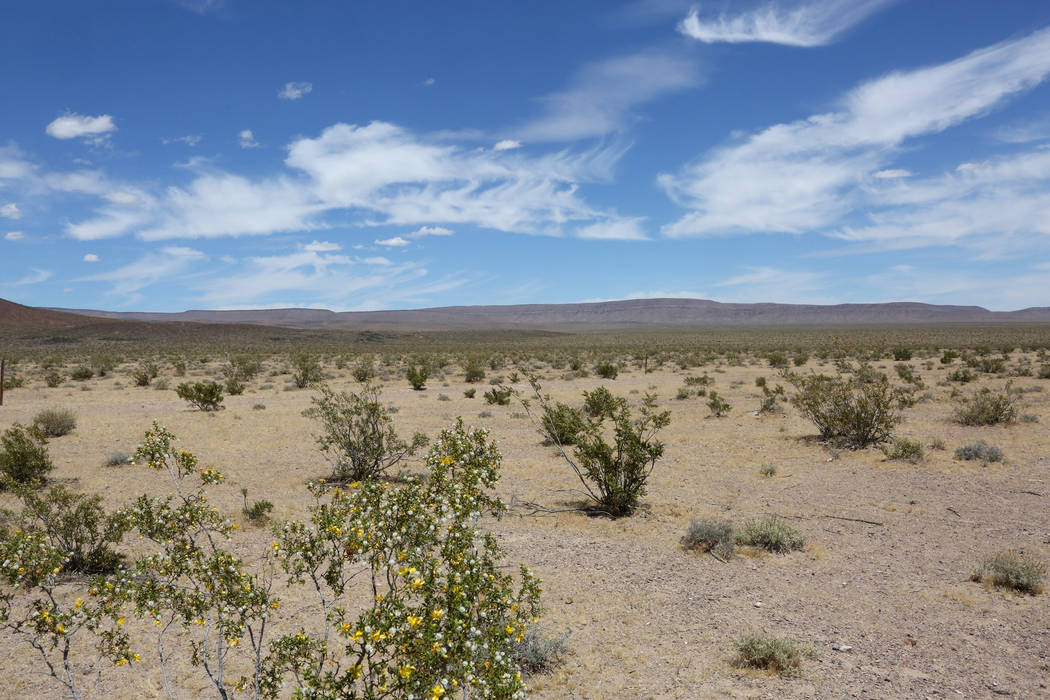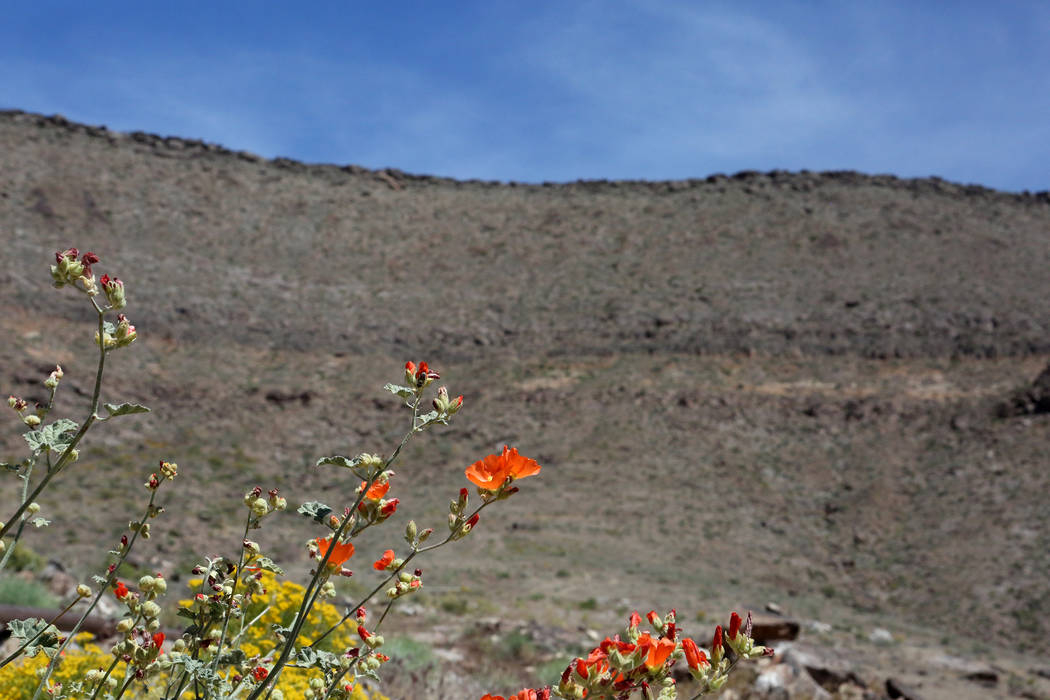Tribal members appointed to federal panel on Yucca
The U.S. Nuclear Regulatory Commission appointed two Timbisha Shoshone members to the Yucca Mountain Licensing Support Network Advisory Review Panel, a federal advisory committee tasked with collecting information pertaining to the licensing of the proposed nuclear waste repository.
As a tribal community stakeholder group, the Native Community Action Council advocates on behalf of the people of the Great Basin and has been a strong opponent of the proposed repository at Yucca Mountain.
Ian Zabarte and Joe Kennedy are both members of the Native Community Action Council.
“The Department of Energy has failed to protect Native Americans, leaving us unprotected, if not for the Native Community Action Council intervening in 2008, and now, against the Nuclear Regulatory Commission to protect the land and people of the Great Basin,” said Kennedy, of the Timbisha Shoshone in Death Valley National Park, California.
The panel also has members from several other Nevada counties including Clark, Esmeralda, Mineral, Lincoln, Lander, Eureka, White Pine, and Churchill. Nye County is represented by Commissioner Dan Schinhofen and Darrell Lacy, Nuclear Waste Repository Project Office director.
According to the news release issued by the Native Community Action Council in Las Vegas, the Nuclear Regulatory Commission charged with licensing of Yucca Mountain admitted that radiation will discharge into the groundwater from the proposed nuclear waste repository.
The Licensing Support System Advisory Review Panel was established by the NRC as a federal advisory committee in 1989. The panel was charged with looking into design and development of an electronic information management system that would store and retrieve documents pertaining to the licensing of a geologic repository at Yucca Mountain.
“The NRC staff were directed to consider disproportionate impact to low income and minority populations such as the Shoshone at Poohabah in Tecopa and Death Valley Shoshone Indian Village at Furnace Creek. Without adequate investigation, the NRC found that impacts to Native Americans will be minimal,” the news release said.
The Licensing Support Network was shut down in 2011 and the document collection was submitted to the office of the secretary.
In January 2017, the NRC, however, determined that renewal of the charter for the LSNARP until January 5, 2019, “is in the public interest in connection with duties imposed on the commission by law,” according to the information published in the Federal Register.
The Trump administration allocated $120 million for the U.S. Department of Energy to restart the Nuclear Regulatory Commission’s licensing in its budget blueprint that is yet to be voted on. Most Nevada officials condemned the proposed budget and pledged to continue the fight against the nuclear waste repository in Nye County.
The Native Community Action Council press release meanwhile argued that since the selection of Yucca Mountain in 1987 by Congress, the DOE has not considered “any argument made by the Shoshone that does not support licensing by the NRC.”
Yucca Mountain is part of the Indian country defined by the 1863 Treaty of Ruby Valley, and the tribe argues that federal officials have yet to prove its ownership of the land where a proposed repository would be located. Tribal members have long cited the concerns about environmental and health impacts of Yucca Mountain.
The Native Community Action Council is the only non-federally funded party to the Yucca Mountain proceedings asserting ownership under aboriginal occupancy.
Membership on the panel will continue to be drawn from the parties whose interests could be affected by the use of the document collection, officials said.
Among those parties are the Department of Energy, the NRC, the state of Nevada, the National Congress of American Indians, affected units of local governments in Nevada, the Nevada Nuclear Waste Task Force, and nuclear industry groups.
Contact reporter Daria Sokolova at dsokolova@pvtimes.com. On Twitter: @dariasokolova77


















